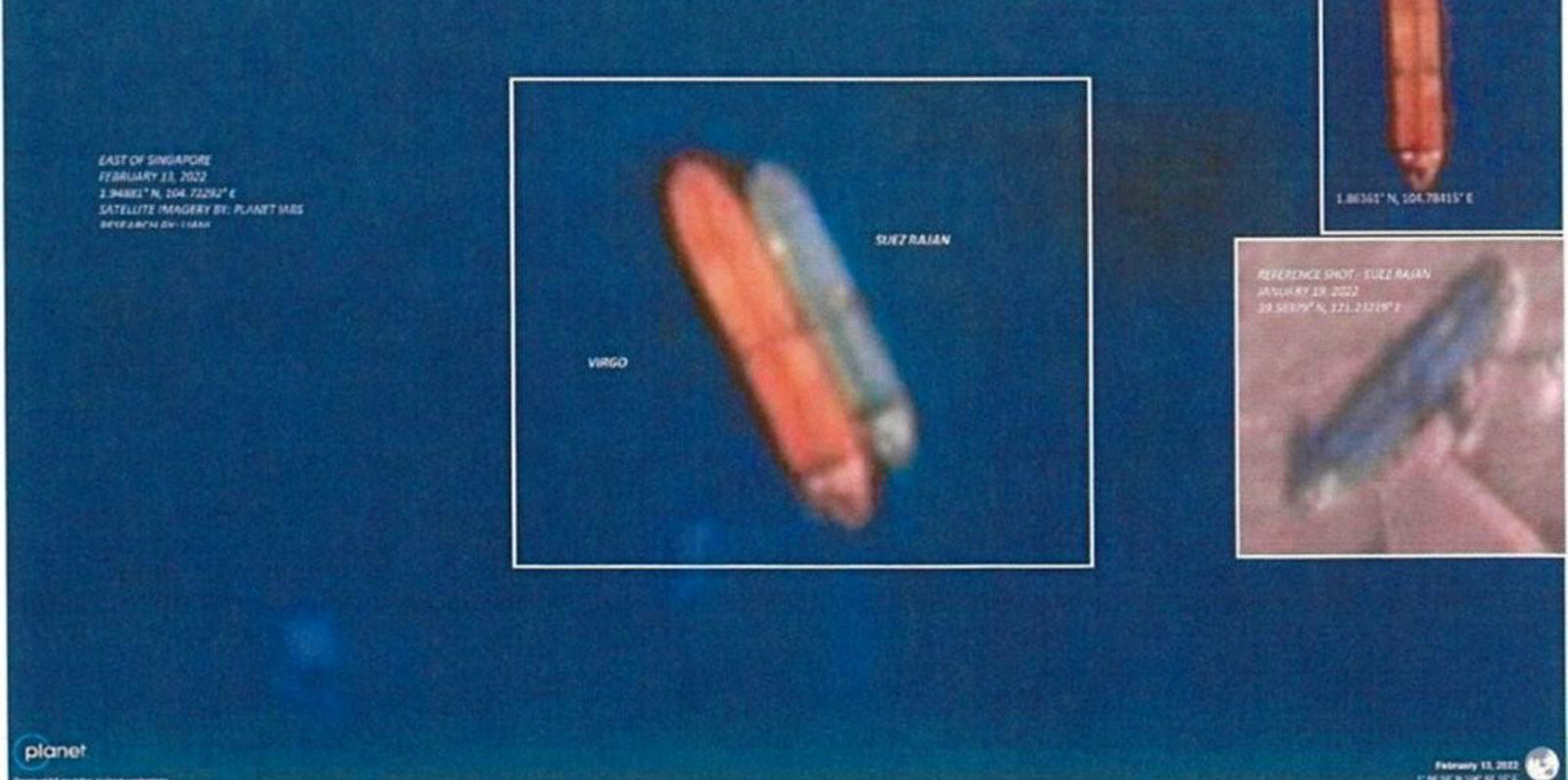Greece stepped up its moves to discourage Russian oil transfers near its coast on Tuesday, by extending an exclusion of the Laconian Gulf, a notorious ship-to-ship hotspot, for nominal navy exercises.
A NAVTEX guidance discouraging commercial ship traffic in the area, which started on 1 May and was extended twice for brief periods, has now been renewed for a full six weeks until 15 July, according to a message on the website of the Hellenic Navy Hydrographic Service.
What initially looked like an oblique way to discourage Russian oil transfers is, therefore, assuming a more permanent character.
The sheltered Laconian Gulf has always been a key spot for Russian crude transfers, as large VLCCs are not able to cross into the Black Sea.
Such transfers had been taking place for decades but are now frowned upon and generate negative media attention since the West imposed sanctions on Russian oil following the invasion of Ukraine.
The naval exercises have been interpreted as an indirect way to push the transfers further out into international waters to save Athens an embarrassment, although Greek officials have not made any public statements to that effect.
The European Union, of which Greece is a member, has been attempting to crack down on STS transfers off their coastlines due to concerns over oil spills from elderly tankers with apparently limited insurance coverage.
In an interview with Reuters on Tuesday, Greek shipping minister Christos Stylianides did not directly refer to the Laconian Gulf measures but said that unregulated tankers are posing a particular risk to the Mediterranean region and that his country is taking protective measures against them.
However, new STS locations are springing up. As TradeWinds reported on Monday, tankers have transferred Russian crude at another position in the Mediterranean Sea, off the city of Nador, Morocco.




